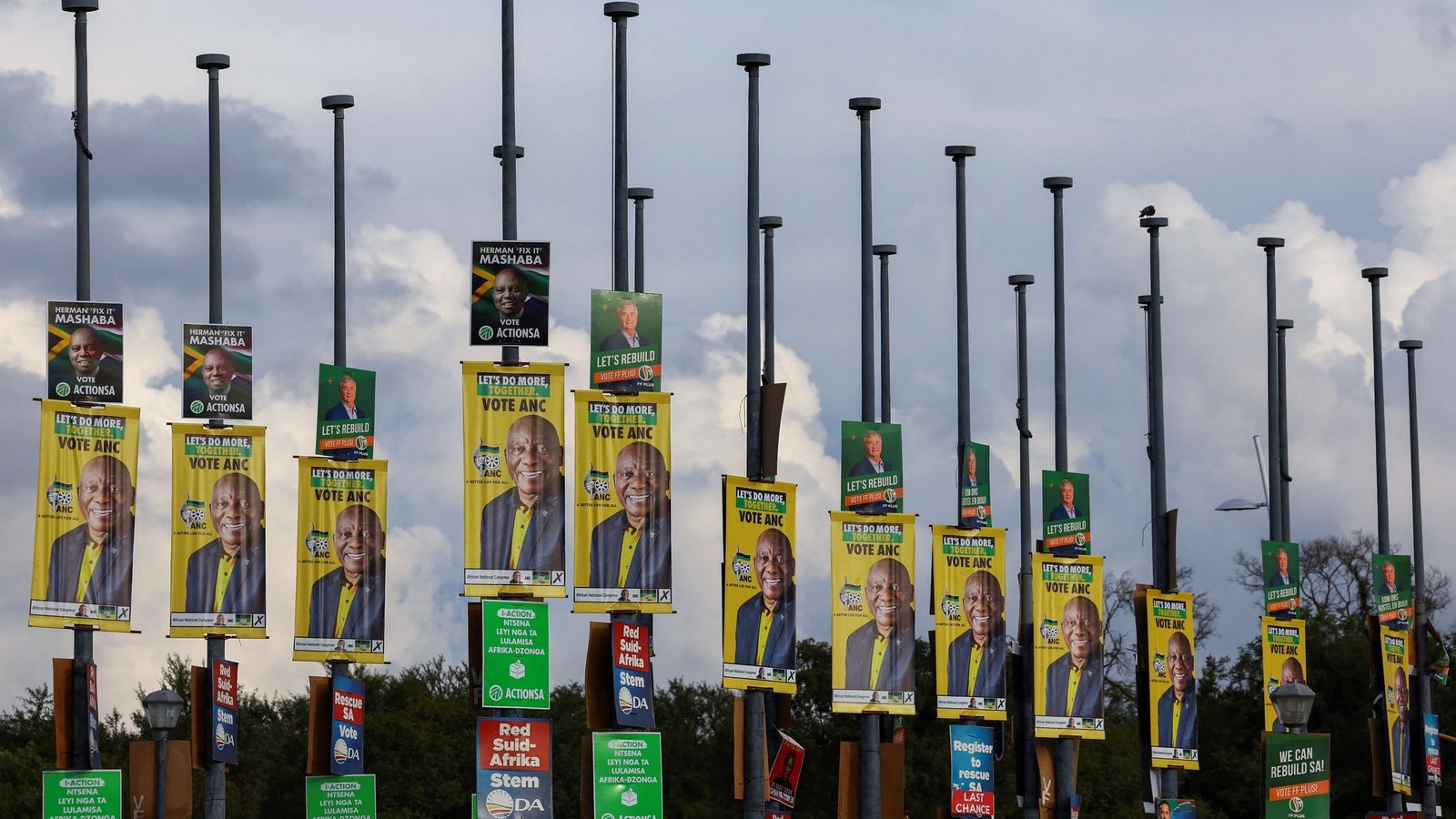In 1994, when South African President Nelson Mandela made his first state visit to the United States, President Bill Clinton underscored the enthusiasm and admiration so many Americans felt for South Africa’s liberation. “We have been especially drawn to the problems and the promise of South Africa,” Clinton said. “So we rejoice especially in what you have accomplished. And as we hold it out as an example to others, so we also hold it out as an example to ourselves.”
That sense of deep respect, of kinship with a society that, like ours, was seeking to heal unfathomably deep wounds of racial injustice, animated American thinking about South Africa for decades. Successive administrations of both major political parties worked to deepen the bilateral relationship based on the idea that both countries were, as Nelson Mandela said in response to Clinton’s remarks, committed to “the pursuit of freedom, justice, and equality.”
More on:
South Africa
Elections and Voting
U.S. Foreign Policy
Thirty years later, the U.S.-South Africa relationship is troubled by a sense of mutual disappointment and mistrust. American policymakers, so often fairly criticized for their selective approach to promoting human rights and democracy, feel the same frustration and disillusionment with their South African counterparts’ inconsistent sense of moral outrage. South Africa’s insistence that it is “non-aligned” engenders more and more skepticism in light of the government’s enthusiasm to partner with Russia, China, and Iran in the name of creating a more “multipolar world,” as if these major powers were acting in pursuit of only global well-being and not self-interest. The deep antipathy some South African leaders feel for the United States has given many observers and decision-makers the sense that South Africa seeks to undermine the United States as an end in itself, equating a diminished U.S. position with a more just world. Indignant accusations of bullying when Americans express doubts about the degree to which our interests and values actually overlap only strengthen the concerns of those who believe the South Africans to be acting in bad faith.
In both countries, polarizing domestic politics tend to make the situation worse. While U.S.-South Africa relations are not a hot topic in American politics, our own pathologies have a clear effect on the relationship. During the Trump administration, the President of the United States amplified incendiary and inaccurate accusations about attacks on white farmers in South Africa —a trope that appeared to spring from the global white supremacist ecosystem. Meanwhile some members of South Africa’s political elite, worried about declining popular support ahead of national elections, are often eager to scapegoat external powers like the U.S. in ways that manifest as sycophantic parroting of Vladimir Putin’s anti-NATO rhetoric.
A review of U.S. policy toward South Africa clearly makes sense, even if some of the framing in the bill may be overheated (South Africa is hardly the only country appalled by the treatment of Palestinians and the civilian death toll in Gaza, and concerned about violations of international law). It’s time to rethink our starting assumptions and find more effective ways to focus on areas of genuine common interest while managing areas where those interests diverge. Certainly, the idea that elected lawmakers in the United States calling for a review of U.S. policy is somehow a threat to South African sovereignty, as Minister of International Cooperation Naledi Pandor has suggested, is absurd on its face. But while that work does not require legislation to begin now, implementing a less emotional, more effective approach to the bilateral relationship has a better chance of succeeding once the political temperature lowers in both countries.
More on:
South Africa
Elections and Voting
U.S. Foreign Policy

